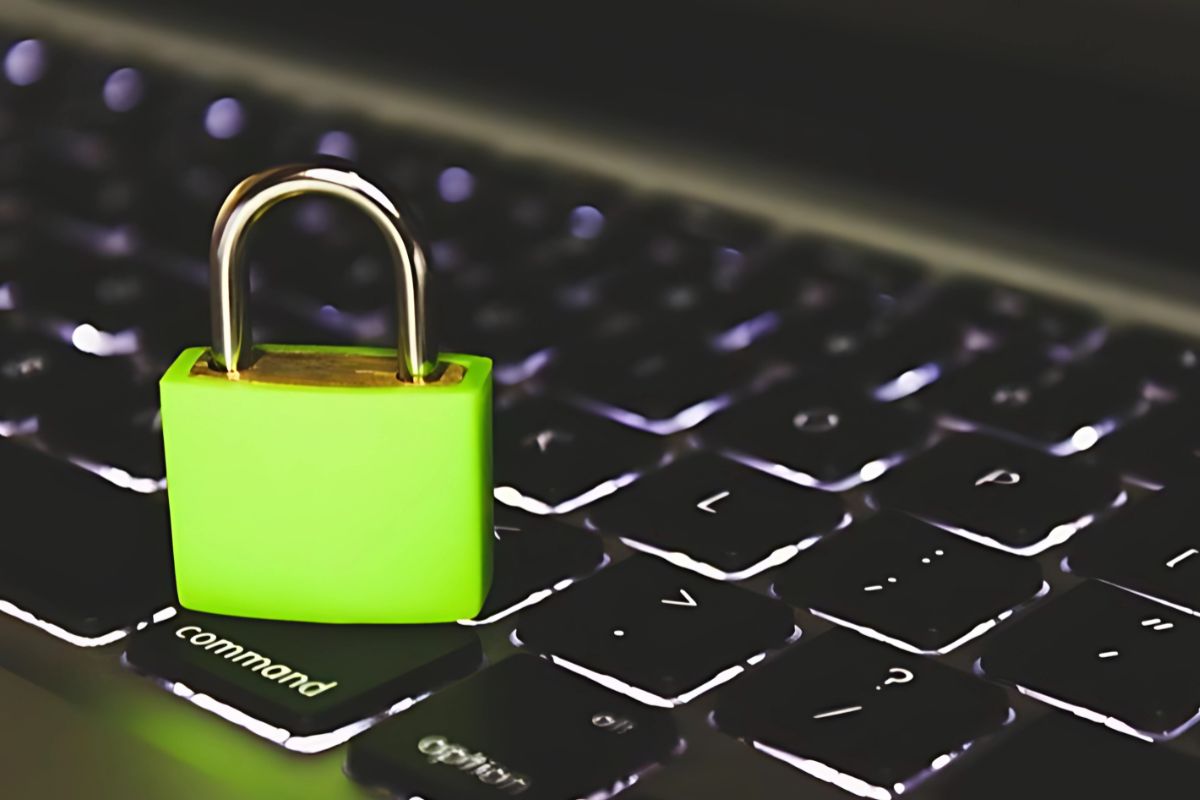10 Ways to Enhance your Online Privacy

In today’s digital world, online privacy is more valuable than ever. Yet, with every click, swipe, and login, data is collected, analyzed, and—sometimes—exploited. Think about it: How often do you actually read privacy policies? Probably never. And that’s exactly what companies count on. But fear not. There are ways to take control. Here’s how.
Table of Contents
ToggleA. Use Strong, Unique Passwords (And a Password Manager)
Let’s start simple. “123456” or “password” won’t cut it. Neither will your dog’s name. A strong password should be long, complex, and unique for each account. But how do you remember them all? A password manager. It stores them securely and even generates random, uncrackable passwords. According to Verizon’s 2023 Data Breach Investigations Report, 81% of hacking-related breaches stem from weak or stolen passwords. That’s a big deal.
B. Enable Two-Factor Authentication (2FA) Everywhere
Even the strongest password can be compromised. Enter two-factor authentication (2FA). It’s like having a deadbolt on your digital doors. Every time you log in, a second verification step—like a text message code or an authenticator app—adds an extra layer of security. It may seem inconvenient, but it’s far less painful than a hacked account.
C. Use a VPN (Virtual Private Network)
Public Wi-Fi? It’s a hacker’s playground. Coffee shops, airports, hotels—these networks are often unsecured, making your data an easy target. Instead, you can use a VPN app to secure all your traffic. Without the right key, which hackers don’t have, it’s impossible to see the real content. If you’re worried about potential slowdowns, choose a provider with UK VPN servers with high bandwidth. You can test VeePN, which usually shows good results. It also has many servers and a loyal pricing policy.
D. Turn Off Unnecessary Tracking and Permissions
Ever wonder why a flashlight app needs access to your contacts? It doesn’t. Apps and websites collect excessive data—often more than they need. Check your phone’s app permissions. Disable unnecessary access. On browsers, use online privacy-focused extensions like Privacy Badger or uBlock Origin. Your data is valuable. Don’t give it away for free.
E. Ditch Google (Or At Least Limit Its Reach)
Google knows you better than your best friend. Every search, every email, every location you visit—tracked, stored, monetized. Consider online privacy-respecting alternatives:
- Search Engine: Try DuckDuckGo or Startpage.
- Email: ProtonMail or Tutanota encrypt your messages.
- Browser: Brave or Firefox with strict online privacy settings.
If quitting Google entirely seems too much, at least tweak its online privacy settings. Disable ad tracking, delete old location history, and limit what it collects about you.
F. Beware of Online Privacy Phishing Scams
“URGENT: Your account has been compromised! Click here to verify your details.” Sounds familiar? Scammers love playing on fear. Phishing attacks trick users into revealing personal info via fake emails or messages. In 2022, phishing was responsible for 36% of all data breaches, according to IBM. Never click suspicious links. Verify directly with the company before taking action. Stay skeptical.
G. Minimize Social Media Exposure
Do you really need to post your vacation while you’re on vacation? Broadcasting your life in real-time invites risks—identity theft, stalking, even burglary. Adjust your online privacy settings. Share less. Remove old posts with personal details. A 2021 survey found that 79% of social media users are concerned about their online privacy, yet few take action. Be the exception.
H. Regularly Delete Cookies and Browsing History
Cookies aren’t just for eating. They track you across the web, creating detailed profiles of your habits. Ever searched for shoes and then seen shoe ads everywhere? That’s tracking in action. Solution? Regularly delete cookies and browsing history. Better yet, use your browser’s “Do Not Track” feature or an extension like Ghostery to block trackers altogether.
Being mindful of data tracking online is essential for maintaining privacy while browsing. Many websites collect user data to personalize experiences, but this often comes at the cost of personal information being shared or sold. Using privacy-focused browsers, disabling third-party cookies, and utilizing VPN services can further enhance your online security and reduce unwanted tracking.
I. Encrypt Your Devices and Messages
Lost phone? Stolen laptop? If your data isn’t encrypted, it’s vulnerable. Enable full-disk encryption on your devices (most modern smartphones and computers support this). As for messaging, ditch SMS for end-to-end encrypted apps like Signal or WhatsApp. Encryption scrambles your messages, ensuring only the intended recipient can read them.
J. Think Before You Click, Share, or Download
The easiest way to protect your online privacy? Mindfulness.
- Before clicking a link, ask yourself: Is this legit?
- Before sharing personal details, consider: Who will see this?
- Before downloading a file, check: Is this from a trusted source?
One wrong click can compromise everything. Stay alert.
Final Thoughts
Online privacy isn’t about paranoia. It’s about control. The internet is an incredible tool, but only if you use it wisely. Implement these digital privacy protection steps today and reclaim your online freedom. Because in a world where you are the product, safeguarding your online privacy isn’t optional—it’s essential.
Published by Carol Jones
My aim is to offer unique, useful, high-quality articles that our readers will love. Whether it is the latest trends, fashion, lifestyle, beauty , technology I offer it all View more posts







